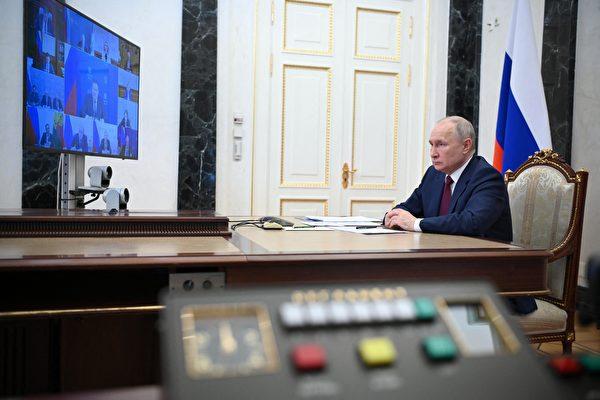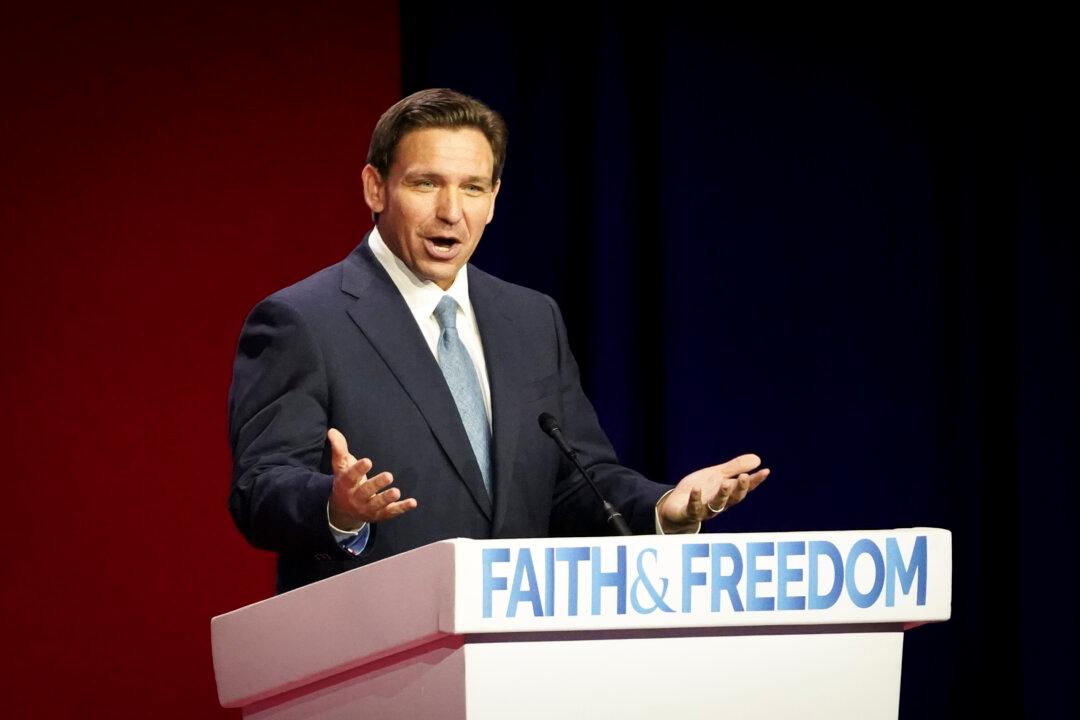In the aftermath of the Wagner mutiny attempt in Russia, there is a prevalent belief in the West that Putin’s control over the country has significantly waned. Analysts have cautioned Western policymakers to brace themselves for the potential chaos and risks that could arise in a post-Putin Russia.
The short-lived mutiny orchestrated in Russia over the weekend of June 24 by Yevgeny Prigozhin, leader of the Wagner private military group, has exposed Putin’s weakened grip on Russia. On June 28, U.S. President Joe Biden expressed his belief that the attempted mutiny weakened Putin’s power. However, when questioned by reporters at the White House, Biden acknowledged that it is “hard to tell” to what extent Putin’s power has eroded.





